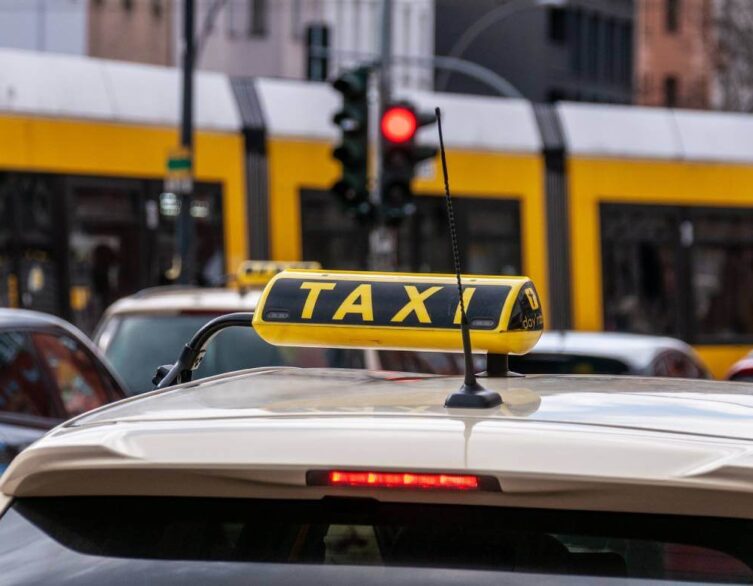Taxi Drivers Protest in Budapest: Demanding Better Working Conditions and Fair Taxation

On January 15, 2025, Budapest’s streets witnessed a significant demonstration as taxi drivers gathered to voice their concerns over the challenging economic conditions facing their industry. The protest, organized by the Taxi Drivers’ Interest Group, brought together approximately 200 drivers who assembled at Heroes’ Square before proceeding to various government buildings and institutions across the city.
Key Demands and Grievances
The taxi drivers’ protest centers around several core issues:
- Taxation Reform: Drivers are calling for an increase in the tax-exempt income threshold from the current 12 million HUF to 18 million HUF. They argue that this adjustment is necessary to keep pace with rising costs and inflation.
- Rejection of Inflation-Linked Taxation: The protesters strongly oppose the implementation of inflation-linked taxation, which they believe would place an undue burden not only on taxi drivers but on the entire population.
- Driver Number Limitations: Following examples from other major Hungarian cities like Győr and Debrecen, the drivers are requesting the introduction of a cap on the number of taxi licenses issued in Budapest to help regulate the market.
- Vehicle Age Regulations: There’s a call to “consolidate” the age limit regulations for taxis, though specific details of this request were not elaborated.
- Safety and Traffic Reforms: Emphasizing the importance of road safety for both passengers and drivers, the protesters are advocating for improvements in traffic regulations.
Protest Route and Impact
The demonstration began at Heroes’ Square at 1 PM, where drivers gathered with their vehicles, including a mix of independent operators and those affiliated with major companies like Bolt, Uber, Főtaxi, and City Taxi. Despite the large turnout, initial reports suggest that traffic around Heroes’ Square remained largely unaffected, with protesters’ vehicles confined to parking areas on the square’s perimeter.
Following the initial gathering, the protesters planned to split into smaller groups at 2 PM, targeting key locations such as the Ministry of Construction and Transport, the Budapest City Hall, the Ministry of National Economy, and the headquarters of the Budapest Transport Center (BKK).
Best deals of Budapest
Background and Motivations
Ádám Kiss, leader of the Taxi Drivers’ Interest Group, explained that the protest was a last resort after attempts at dialogue with relevant ministries and the Budapest Mayor’s Office failed to yield substantive discussions. “We feel our requests have fallen on deaf ears, so we are compelled to emphasize them again through demonstration,” Kiss stated.
The drivers argue that the taxi industry is an integral part of Budapest’s transportation system, and the livelihood of small business owners in this sector can no longer be ignored. They believe that creating a more sustainable and fair regulatory system would contribute to improving the overall quality of life in Budapest.
Broader Implications
This protest highlights the delicate balance within urban transportation systems and the impact of economic policies on service industry workers. As Budapest continues to evolve its approach to urban mobility, the concerns raised by taxi drivers underscore the need for comprehensive dialogue between city officials, regulatory bodies, and transportation service providers.
As the demonstration unfolds, city residents and visitors are advised to stay informed about potential traffic disruptions, especially in the city center. The outcome of this protest and any subsequent negotiations could have significant implications for the future of taxi services and transportation policies in Budapest.
Related news














